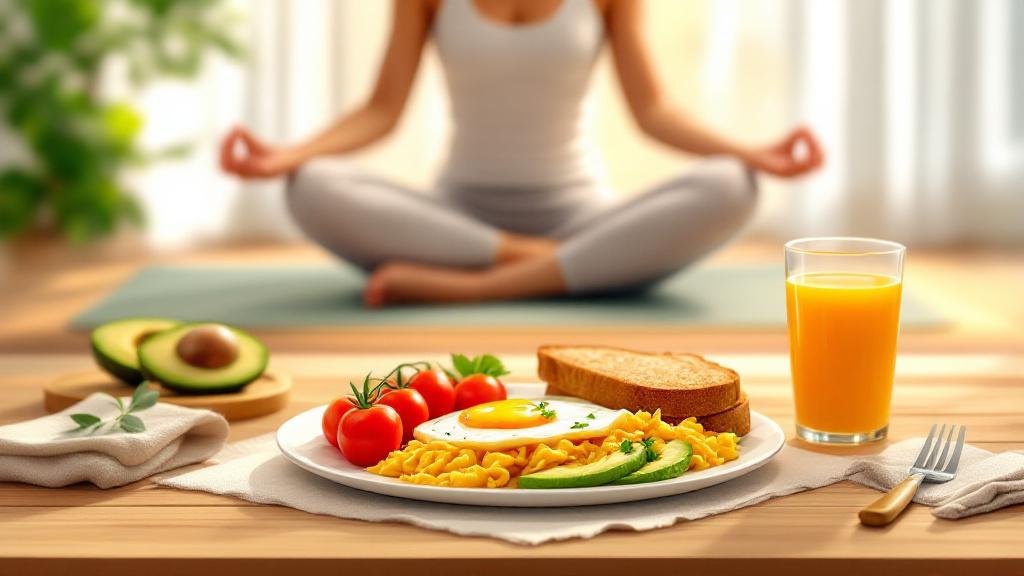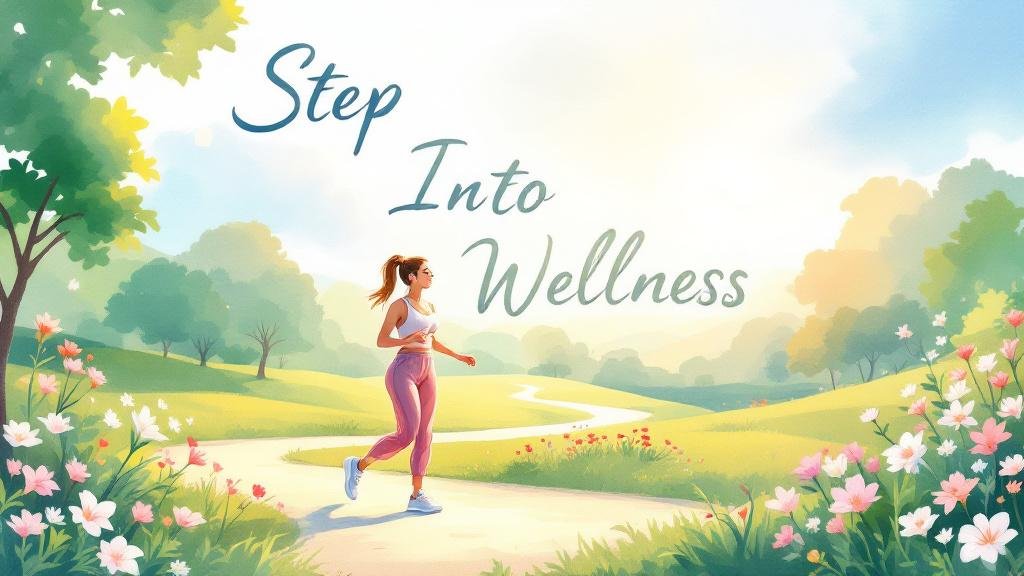
Struggling to fall asleep? You’re definitely not alone. Whether it’s due to stress, screens, or a restless mind, many people find themselves tossing and turning instead of getting the rest they need.
While sleeping pills may seem like a quick fix, they often come with unwanted side effects and don’t solve the root of the problem. Fortunately, there are gentler, proven ways to improve your sleep—naturally and sustainably.
If you’re wondering how to sleep better naturally, these 9 expert-backed tips can help you sleep more soundly, wake up refreshed, and feel better—without a single pill.
1. Stick to a Consistent Sleep Schedule
One of the most important things you can do is go to bed and wake up at the same time every day—even on weekends. Although it might sound simple, this consistency trains your internal clock.
Why it helps:
Your circadian rhythm thrives on routine. When your sleep times vary too much, it throws everything off—including hormone balance and energy levels.
Try this:
Set a realistic bedtime and wake-up time based on your current routine, then stick with it. Yes, even on Sundays.
2. Get Morning Sunlight
As it turns out, getting natural light early in the day can reset your biological clock and improve your sleep at night.
Why it works:
Morning sunlight helps reduce melatonin production when you need to be alert, making it easier for your body to produce melatonin again at night.
Try this:
Step outside within an hour of waking—even just 10 minutes while sipping coffee can make a big difference.
3. Wind Down With a Bedtime Routine
Your body needs cues to shift from active mode to rest mode. That’s where a calming bedtime routine comes in.
Ideas to include:
- Dim the lights
- Take a warm shower
- Read a book or journal
- Do gentle stretches or breathwork
Moreover:
Avoid stimulating activities like answering emails or doom-scrolling social media right before bed.
4. Avoid Caffeine and Alcohol Late in the Day
Although coffee helps you wake up, it can linger in your system for 6–8 hours. Likewise, alcohol may make you sleepy initially but disrupts deep sleep later.
Here’s what to do:
Cut off caffeine after 2 p.m. and avoid alcohol at least 3 hours before bedtime. Instead, opt for herbal teas like chamomile or rooibos.
5. Make Your Bedroom a Sleep-Friendly Zone
Your sleep environment plays a crucial role in how well you rest. If your room is too hot, noisy, or cluttered, your sleep can suffer.
Optimize your bedroom:
- Keep it cool (around 65°F or 18°C)
- Use blackout curtains or an eye mask
- Eliminate bright lights and screens
- Keep your space tidy and minimal
Bonus:
Only use your bed for sleep and relaxing—no work or phone calls.
6. Limit Screen Time Before Bed
Blue light from phones, laptops, and TVs suppresses melatonin, the hormone that helps you sleep. Additionally, scrolling can keep your brain overstimulated.
Try this instead:
Power down at least 30–60 minutes before bed. Replace screen time with reading, music, or light journaling.
Pro tip:
Use blue-light-blocking glasses or night mode in the evening if screen use is unavoidable.
7. Watch What (and When) You Eat
Heavy meals, spicy foods, and sugar-laden snacks close to bedtime can lead to disrupted sleep and digestion.
Better choices:
Eat dinner 2–3 hours before bed. If you need a light snack, try a banana with almond butter or Greek yogurt with a few berries.
In addition:
Stay hydrated, but avoid drinking large amounts of water too close to bedtime to prevent night-time wake-ups.
8. Try Relaxation Techniques
Many people lie in bed with racing thoughts. Therefore, adding a simple relaxation practice can ease your mind and body into sleep.
Options to explore:
- Deep breathing (e.g., inhale 4, hold 7, exhale 8)
- Body scan meditation
- Guided sleep meditations on apps like Calm or Insight Timer
Over time:
These techniques train your nervous system to relax more easily at night.
9. Get Moving During the Day
Regular physical activity supports deeper, more restful sleep. It also helps reduce stress and balances your mood.
Here’s the catch:
Try to avoid vigorous exercise right before bed, as it can be stimulating. Instead, aim for morning or early evening workouts.
Not a gym person?
Even a brisk walk, gentle yoga, or dancing around the living room can help.
💛 Final Thoughts: Rest is Possible—Naturally
You don’t need pills to enjoy better sleep. In fact, small, consistent changes to your daily routine and nighttime habits can have a powerful impact over time.
Start with one or two of these expert tips. Once they become part of your routine, add another. Before you know it, you’ll be falling asleep more easily, staying asleep longer, and waking up feeling truly rested.
Because when you sleep better—everything else gets better, too.
📝 Quick Recap: How to Sleep Better Naturally Without Pills
- Stick to a consistent sleep schedule
- Get natural sunlight early in the day
- Create a calming bedtime routine
- Avoid caffeine and alcohol late in the day
- Make your bedroom sleep-friendly
- Limit screen time before bed
- Be mindful of evening meals and snacks
- Use relaxation techniques
- Stay physically active during the day

